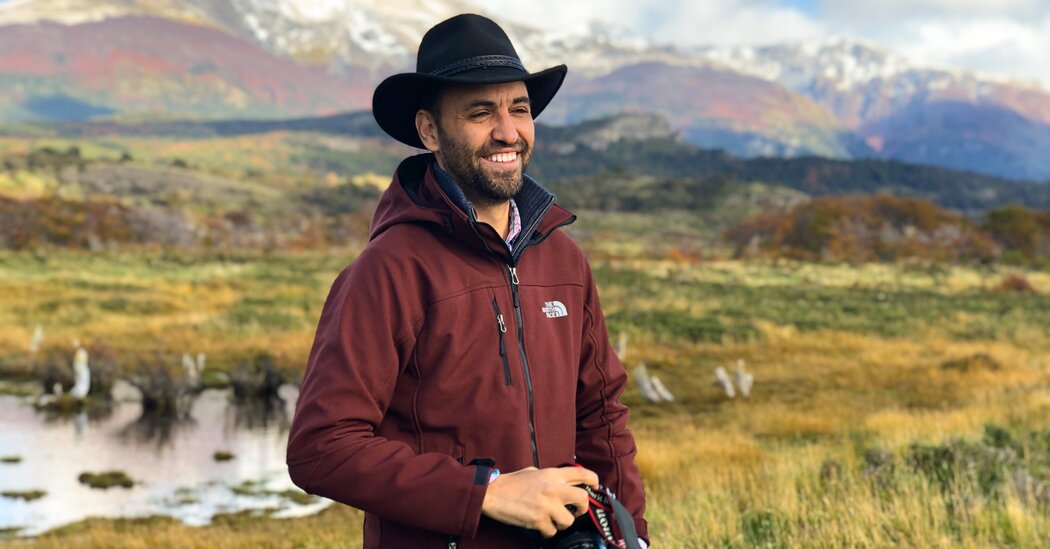And now you’re applying this approach to tours in the United States?
I used to live in Washington, DC, a very segregated city, especially at the class level, and I realized that my friends and I wouldn’t venture into the neighborhoods we already knew. So we started developing a tour of the city, and we got a Republican and a Democrat to run it together. That first trip was incredible. Looking at the news, you’d think that if you put a Republican and a Democrat together, they’d just be talking past each other. But that wasn’t the case at all. One of the most interesting conversations we had was while visiting the Heritage Foundation, which is very conservative. Some of the liberal folks in the tour group had never had such an open conversation with a conservative that wasn’t just a sound bite, but a real, productive conversation. Towards the end, the discussion turned to “What’s the solution?” instead of “You’re doing this wrong or that wrong.” It was fascinating. And that is what happens during our travels in Israel and Palestine. This is happening in Bosnia, Croatia and Serbia.
You spent your childhood in a place with a long history of conflict. How has that experience informed this work?
I grew up in Jerusalem, but until I was 18 I never had a real conversation with a Jewish-Israeli person. My brother was killed when he was beaten up in prison by Israeli soldiers, so I grew up very angry, very angry with the idea that the other person is bad. And when I was 18, I decided to study Hebrew because I had to – not because I wanted to. If you live in Jerusalem, you cannot survive without Hebrew. I remember coming into the classroom and thinking, “None of these people probably want me here.” And I couldn’t have been more wrong. My Hebrew teacher was the most incredible human being. She even tried to speak Arabic to me to make me feel welcome. And that was the first time I felt like I was being treated like a human being by the other person.
But before that, I only knew one story about Israel, and many Israelis probably know only one story about Palestinians: the story they hear in the news.
Is that what you mean when you say the hardest rides can be those closest to home?
I think it can be much easier to be open to problems or problems that arise three or four thousand miles away. When I talk about my work with Syrian refugees, people often say, “Oh, I’d like to volunteer with Syrian refugees in Jordan or Turkey.” And I ask them: “Have you volunteered with Syrian refugees in your own community? Because if not, you should start there, and then maybe go to Syria.”
Travel trends that will define 2022
Looking forward. As governments around the world ease coronavirus restrictions, the travel industry hopes this will be the year when travel comes roaring back. Here’s what to expect:
We tend to think of travel in terms of distance, but I think travel is really a lifestyle, a state of mind. And when you learn to travel in your own community, you also learn to travel when you go abroad. For me, the hardest journey I’ve ever taken was from my home in East Jerusalem to West Jerusalem. It’s only a 15 or 20 minute walk, but making that journey brought about the biggest change for me, because it challenged me the most.
Many people want to relax when they go on vacation. Why would they choose to go on a challenging two story journey?
There is an assumption that when people travel, they are not interested in learning. And that’s not true. Even studies tell us it’s not true. People want to do good when they travel and are looking for culture and connection. I enjoy my travels: I go to museums, I swim in the ocean, I enjoy music, all that. But that’s not all I do. I like to say that travel is an act of diplomacy: be a diplomat while you travel and go out and meet new people and hear their stories. And it’s so much fun! It’s something you’ll remember and tell people about when you get back.
Paige McClanahan is the host of The better travel podcast†

